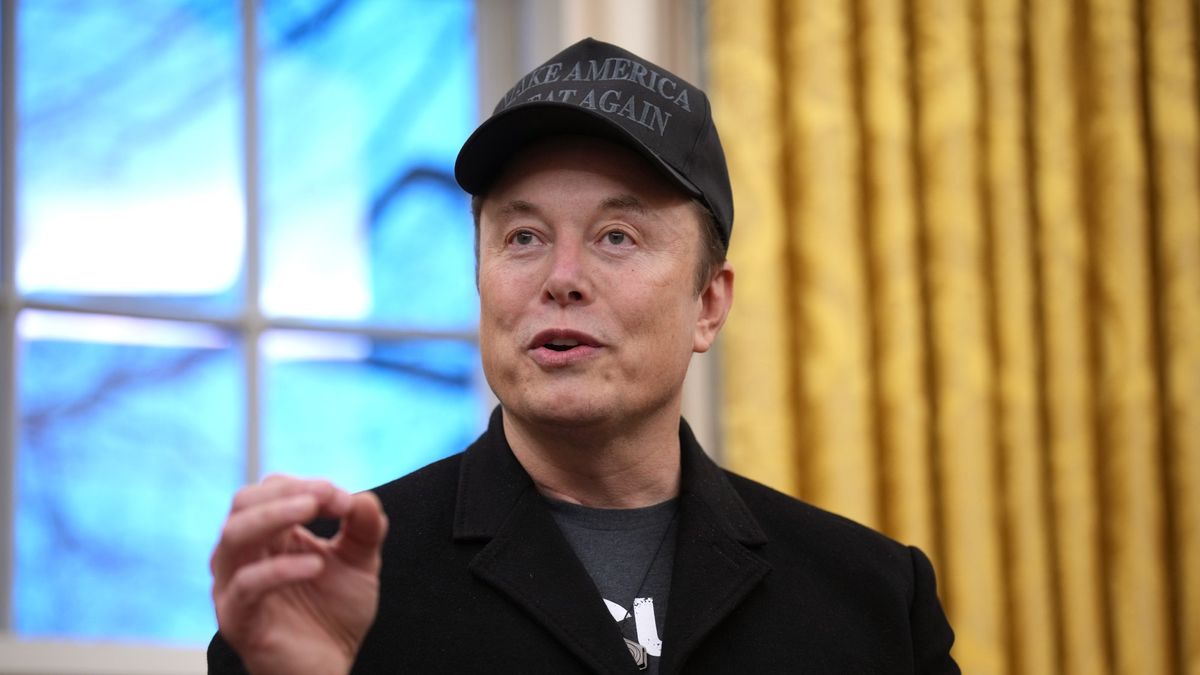Elon Musk vs. Wikipedia: A Clash of Titans in the Digital Age
The digital landscape is a battleground for ideas, influence, and information. In one corner stands Elon Musk, the enigmatic CEO of companies like Tesla and SpaceX, known for his unfiltered communication style and relentless ambition. In the other corner is Wikipedia, the world’s largest online encyclopedia, celebrated for its commitment to free knowledge and collaborative content creation. The ongoing feud between these two titans raises critical questions about information reliability, the nature of knowledge sharing, and the future of digital platforms.
Background of the Feud
The clash between Elon Musk and Wikipedia began to gain traction in mid-2021 when Musk expressed frustration over the accuracy of his Wikipedia page. He claimed that it contained misinformation and a biased portrayal of his achievements and controversies. Musk’s assertion that Wikipedia was not a reliable source of information sparked a heated debate among his followers and the wider internet community.
Wikipedia, on the other hand, is a platform built upon the principles of neutrality and verifiability. Its volunteer editors strive to ensure that content is factual and unbiased, often relying on credible sources to substantiate claims. However, the platform has faced criticism for its openness to editing, which can lead to the potential for inaccuracies.
Elon Musk’s Perspective
Musk’s criticism of Wikipedia stems from his belief in the importance of individual narrative and the potential for misinformation to shape public perception. As a public figure, Musk has experienced his fair share of scrutiny and sensationalism in media portrayals. He argues that Wikipedia should not serve as a definitive source of truth when it can be easily manipulated or misinterpreted.
His social media presence amplifies this sentiment, as he often takes to Twitter to voice concerns about various topics, including the accuracy of information about himself. Musk’s followers, many of whom view him as a visionary, often rally behind him, further polarizing opinions on the platform’s reliability.
Wikipedia’s Stance
Wikipedia has defended its editorial practices, emphasizing its commitment to neutrality and the importance of sourcing information from credible references. The platform is overseen by the Wikimedia Foundation, a non-profit organization that ensures adherence to guidelines regarding verifiability and neutrality.
In response to Musk’s claims, Wikipedia editors have highlighted that the information on his page is backed by multiple sources, including major news outlets and academic publications. They argue that Wikipedia’s strength lies in its collaborative nature, allowing for ongoing updates and corrections as new information becomes available.
The Implications for Information Reliability
The feud between Elon Musk and Wikipedia brings to light significant issues regarding information reliability in the digital age. As individuals increasingly rely on online sources for news and information, the accuracy and credibility of these sources become paramount.
- Trust in Sources: Users must critically evaluate the sources of information they consume. The Musk-Wikipedia clash serves as a reminder that no single source is infallible.
- The Role of Social Media: Musk’s influence on platforms like Twitter can shape public opinion, often leading followers to question traditional sources of information.
- Accountability: Both Musk and Wikipedia hold significant influence over their respective platforms. The clash raises questions about who is accountable for misinformation and how it can be addressed.
The Future of Knowledge Sharing
As we look to the future, the evolving relationship between public figures and platforms like Wikipedia will undoubtedly shape the landscape of knowledge sharing. There are several potential paths forward:
- Increased Collaboration: Public figures like Musk may ultimately recognize the value of collaborating with platforms like Wikipedia to ensure accurate representation and address misinformation.
- Emerging Technologies: Advancements in artificial intelligence and machine learning could enhance the ability of platforms to verify facts and detect misinformation in real time.
- Community Engagement: Wikipedia’s reliance on volunteer editors highlights the importance of community engagement in curating knowledge. Encouraging more diverse voices could lead to more balanced perspectives.
Conclusion: A Call for Critical Thinking
The ongoing tussle between Elon Musk and Wikipedia serves as a potent reminder of the complexities of information in the digital age. As users of digital platforms, it is essential to approach information critically, recognizing that biases and inaccuracies can exist in even the most established sources.
Ultimately, the clash of these titans is not just about Musk’s portrayal on Wikipedia; it reflects broader societal challenges regarding the dissemination of knowledge. As we navigate this landscape, fostering a spirit of critical inquiry and open dialogue will be crucial in ensuring that information remains a tool for empowerment rather than misinformation.
In the end, as both Musk and Wikipedia continue to evolve, their interactions may pave the way for new standards in how we understand and share knowledge in the digital age, highlighting the importance of transparency, accountability, and collective effort in the quest for truth.
See more Future Tech Daily

